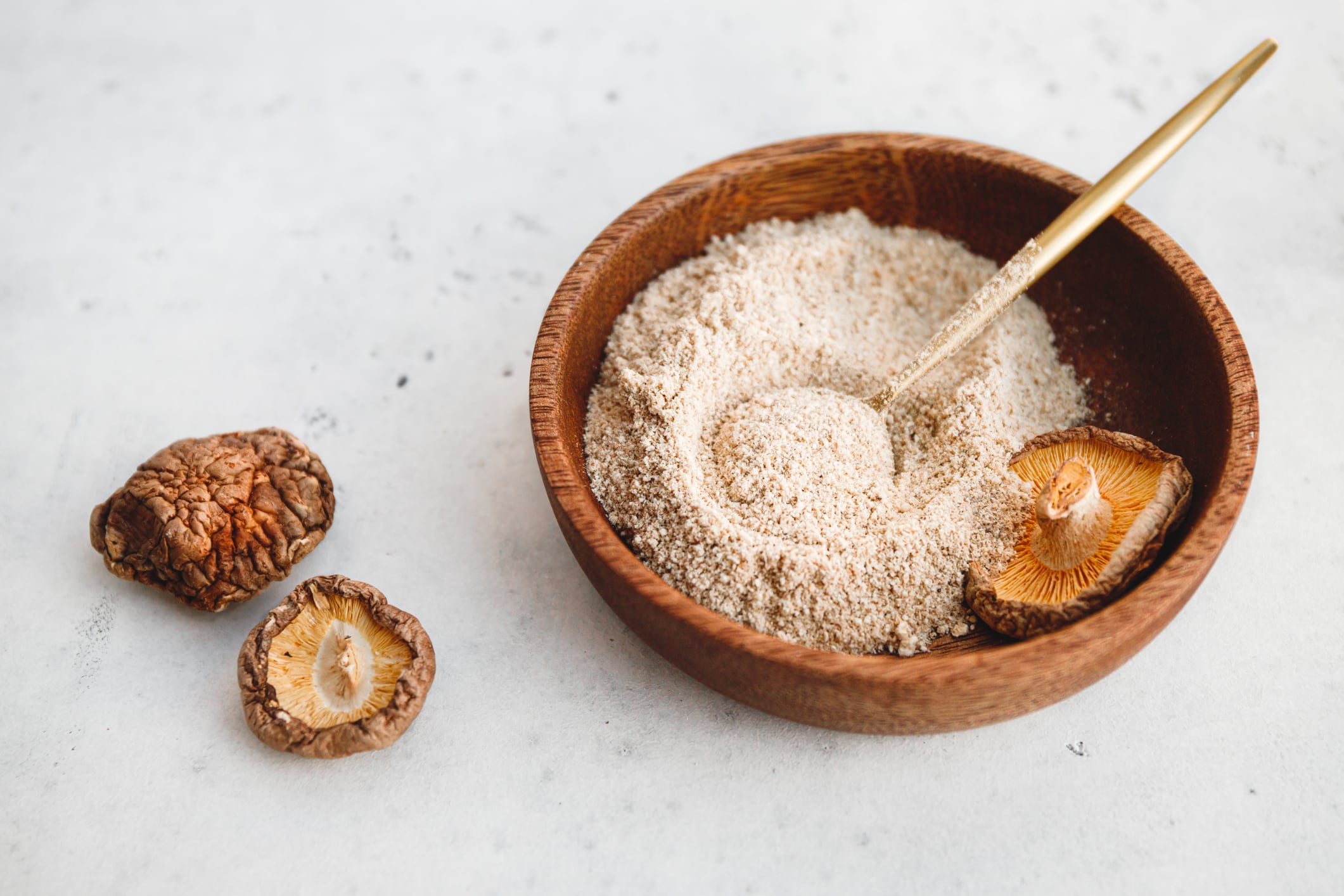There is concern that due to the nature of mushrooms and their history of consumption, a predisposed assumption of safety is hindering medicinal purpose testing. As a dietary supplement, mushroom derivates are “considered a food by the regulatory authority”, but in a recent study, criticisms are made on the lack of control when it comes to importing.
The authors of the study, published in 'Nutrients', state: “Although these products are considered safe for their ‘traditional use’, the analyses conducted by the authors suggest inconsistencies from a different point of view: the diversity of the mushrooms declared on the label and the real content in beta-glucans, as well as the presence of contaminants in concentrations higher than those required by law.
“Greater controls relating to the qualitative and quantitative analysis of nutraceutical extracts, in addition to close dialogues between the scientific community and regulatory authorities, are urgent in order to regulate a market with strong legislative limits and protect the health of the consumer.”
A failing in regulation
Although many European companies sell myotherapies, the new study notes that the cultivation and testing of medicinal mushrooms on a large scale is primarily done in China, where the majority of the production facilities do not have internationally recognised manufacturing practises that adhere to European law.
“Products purchased from abroad in the form of powders and extracts are not always of ascertained origin and sometimes of doubtful taxonomic identification,” the report states.
Dr Mark Tallon, managing partner at food law consultancy Legal Foods, said in support of the study: “As with all botanical substances, manufacturers must ensure they take adequate steps to determine what they are marketing to consumers are not only safe in accordance with general food laws but are of the nature, substance, and quality required.
“An option for business are third party testing and accreditation to ensure ingredient suppliers are delivering on their promises. Simply relying on your ingredient suppliers COA [Certificate of Analysis] may not be enough to provide protection from litigation when using a due diligence defence as not all reasonable efforts have been taken.”
A study summary
19 samples from six different companies were submitted for molecular and biochemical analysis with the aim of comparing the mushroom species used. Only six of those 19 matched with the species stated in the label.
With focus on hazardous compounds – e.g. mycotoxins and heavy metals – traces were found in several of the tested batches. In one product, the concentration of aflatoxins was higher than that allowed by the European Commission.
The report states: “All of this is particularly relevant since the dosages of mushrooms demonstrated to be effective on human health parameters are high, and the effectiveness has been mainly observed for middle-long term exposition so that the highest safety profiles should be warranted while the detected concentrations of heavy metals and nicotine do not seem to represent a problem.”
Glucan contents were assessed, with results reporting overwhelming variability within the same sample.
In summary, Dr Tallon said: “The study assesses products containing up to three different mushrooms for authenticity, indicator of fungal biomass (ergosterol) and qualitative marker (Glucan) but also possible levels of substances/contaminants that may have a safety concern (aflatoxins, heavy metals…) in accordance with Regulation 1881/2006.
“The results indicate that even in this small sample size issues of the mushrooms claimed to be in the product were not as determined by molecular identification. In addition, in one product we see levels of aflatoxins exceeding the safe legal limit.”
Criticisms
Food risk scientist Luca Bucchini, of Hylobates Consulting, said that while “research into the composition, safety, and quality of substances used in food supplements is in general welcome,” there are faults in the general premise of the study, as “nobody with expertise can think that the medicinal law framework is suitable for traditional fungi”.
He said: “The authors provide no information on the origin of the samples, which would be necessary to draw any conclusion on the quality of products on the market. It is surprising that the editor and reviewers accepted such reticence.
“Severe problems have occurred with DNA identification of extract samples, so some validation of authenticated samples would have been welcome. In this respect, authors should be thanked for pointing to the issue of authentication which is really important for natural substances. Data on the chemical testing (e.g., reproducibility) are missing, though the purpose of the investigation is interesting.”
Journal: Nutrients
Published online: https://www.mdpi.com/2072-6643/15/3/776
“Mushroom-Based Supplements in Italy: Let’s Open Pandora’s Box”
Authors: Samuele Risoli, Cristina Nali, Sabrina Sarrocco, Arrigo Francesco Giuseppe Cicero, Alessandro Colletti, Filippo Bosco, Giuseppe Venturella, Agata Gadaleta, Maria Letizia Gargano, and Ilaria Marcotuli.


